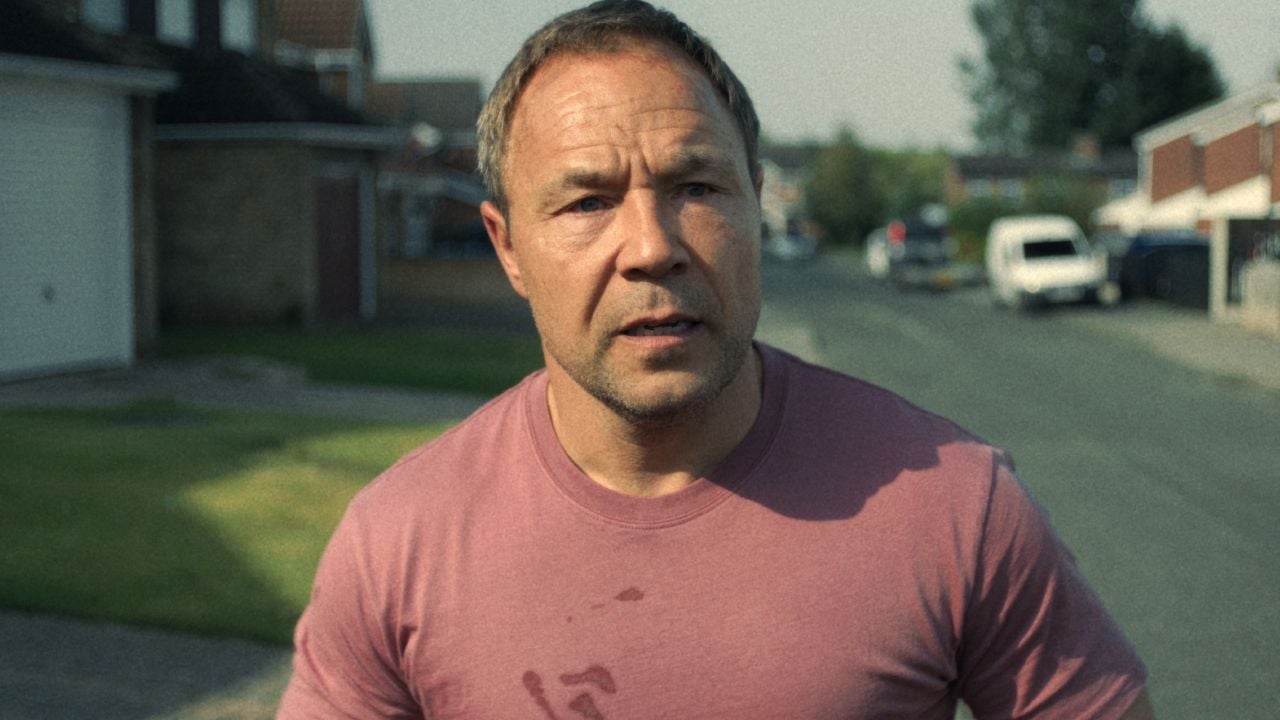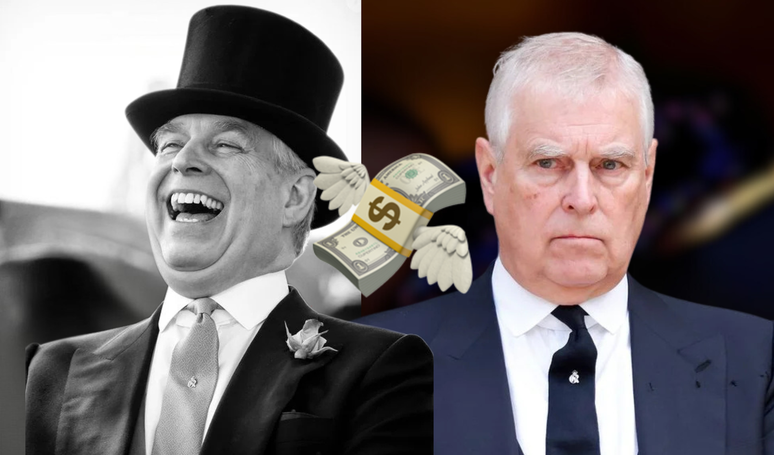Cuba, Bolivia, Turkey and Belarus are among the “partner states” courted by the alliance. In a video speech, Lula supports the creation of an alternative financial system to the dollar and calls the conflict in Gaza “senseless”. The Brics group, which brings together the main emerging economies of the world, released a joint statement this Wednesday (23/10). ) in which he condemns conflicts “in the Middle East and North Africa”, as well as declaring himself concerned about the influence of “illegal sanctions” on the global economy, some of which are imposed on members of the alliance such as Russia and Iran.
The alliance, whose summit meets in Kazan, under the Russian presidency, has also argued that the so-called Global South has a more important role in international governance bodies.
“We call for more active and meaningful participation of countries with emerging economies, developing countries and least developed countries, particularly Africa, Latin America and the Caribbean, in global decision-making processes and structures,” the alliance said in a statement jointly released at the summit.
The bloc has also formalized the invitation to 13 countries to join under a new category, that of partner states. They will have less influence than members, but will be able to participate more actively in summit discussions. They are: Algeria, Belarus, Cuba, Bolivia, Indonesia, Malaysia, Turkey, Uzbekistan, Kazakhstan, Thailand, Vietnam, Nigeria and Uganda. Venezuela was blocked by Brazil. Countries have yet to accept the invitation to join the group.
Criticism of Israel
Regarding the conflict in the Middle East, representatives of the BRICS countries called on Israel to stop attacking UN employees, citing reports of incidents in which Israeli troops fired shots at and overran UN Interim Force facilities located in southern Lebanon (Unifil).
“We strongly condemn attacks against United Nations personnel and threats to their safety and call on Israel to immediately cease such actions,” the group said.
The leaders also stressed that Lebanon’s “territorial integrity” must be “preserved.”
The group signing the declaration has among its members Iran, the country that finances the extremist group Hezbollah, considered by several countries to be a terrorist organization, and which has exchanged aggression with Israel. Brazil, Russia, India, China, South Africa, Egypt, Ethiopia and the United Arab Emirates are also part of the Brics. Saudi Arabia has been formally invited but has not yet completed the membership process.
The countries also vowed to increase cooperation to reduce greenhouse gas emissions and condemned “unilateral” measures imposed by developed countries “under the guise of fighting climate change.” Recently Brazil was one of the countries that criticized the anti-deforestation law approved by the European Union.
Lula supports Russian financial cooperation agenda
In his speech at the event, President Luiz Inácio Lula da Silva once again called on rich countries to meet climate finance goals and call for peace negotiations in ongoing conflicts.
He also outlined proposals to reduce economic disparity between countries, suggesting that discussion of a multipolar alternative to the current international financial system “can no longer be postponed”.
Lula attended the event via video conference after a domestic accident prevented him from traveling to Russia, which is hosting the meeting.
Regarding the presidency of the Brics, which Brazil will assume from January 2025, Lula promised to reaffirm the “vocation of the bloc in the fight for a multipolar world and for less asymmetrical relations between countries”.
“The BRICS have been responsible for a significant part of the world’s economic growth in recent decades.” he said.
“However, financial flows continue to flow to rich nations. This is a reverse Marshall Plan, where emerging and developing economies finance the developed world,” he said.
The proposal responds to Russia’s aspiration to strengthen the alliance of emerging powers as a “competitor” for the financial apparatus of rich countries, an idea rejected by the United States.
Lula also supported Russian President Vladimir Putin’s interest in finding alternatives to the dollar as an international currency, through the creation of an “Interbank Cooperation Mechanism”.
“Our national development banks will establish credit lines in local currencies,” he said.
Multilateral frameworks
“Now is the time to move forward in creating alternative means of payment for transactions between our countries. This is not about replacing our currencies. But we must work so that the multipolar order we seek is reflected in the international financial system,” he added.
One of the proposals circulating in the BRICS is the creation of a financial transaction system parallel to Swift, used by the great powers to sanction Russia.
Lula also thanked the “support” he received from members for Brazil to assume the presidency of the G20, which opened up the possibility for the country to establish a tax matrix for the super-rich. The proposal will be discussed at the bloc’s summit in Rio de Janeiro in November.
Still in the discussion of a system in which multiple countries have decision-making power on global agendas, the president called for the adoption of multilateral frameworks on issues such as access to vaccines and medicines and the development of artificial intelligence, to avoid what he defined “apartheid” in access to technology.
Lula says conflicts are ‘senseless’
The Brazilian president said the conflict in Gaza had turned the Palestinian enclave into the “largest cemetery for children and women in the world.”
“This nonsense is now spreading to the West Bank and Lebanon,” he said.
Regarding the war waged by Russia in Ukraine, Lula only suggested “avoiding escalation and starting peace negotiations.”
Climate cooperation
The Brazilian chief executive argued that “the greatest responsibility” for climate change “falls on rich countries, whose history of emissions has culminated in the climate crisis that afflicts us today”.
Lula called for meeting the climate investment target of 100 billion per year promised by rich countries in 2009 – a promise that was supposed to start being fulfilled in 2020, but which only materialized in 2022, according to a study by Organization for Cooperation and Cooperation. Development (OECD) published at the end of last year.
The president, however, also underlined the responsibility of emerging countries to “do their part to limit the increase in global temperature to one and a half degrees” compared to pre-industrial levels.
gq/ra (afp, reuters, ots)
Source: Terra
Rose James is a Gossipify movie and series reviewer known for her in-depth analysis and unique perspective on the latest releases. With a background in film studies, she provides engaging and informative reviews, and keeps readers up to date with industry trends and emerging talents.






